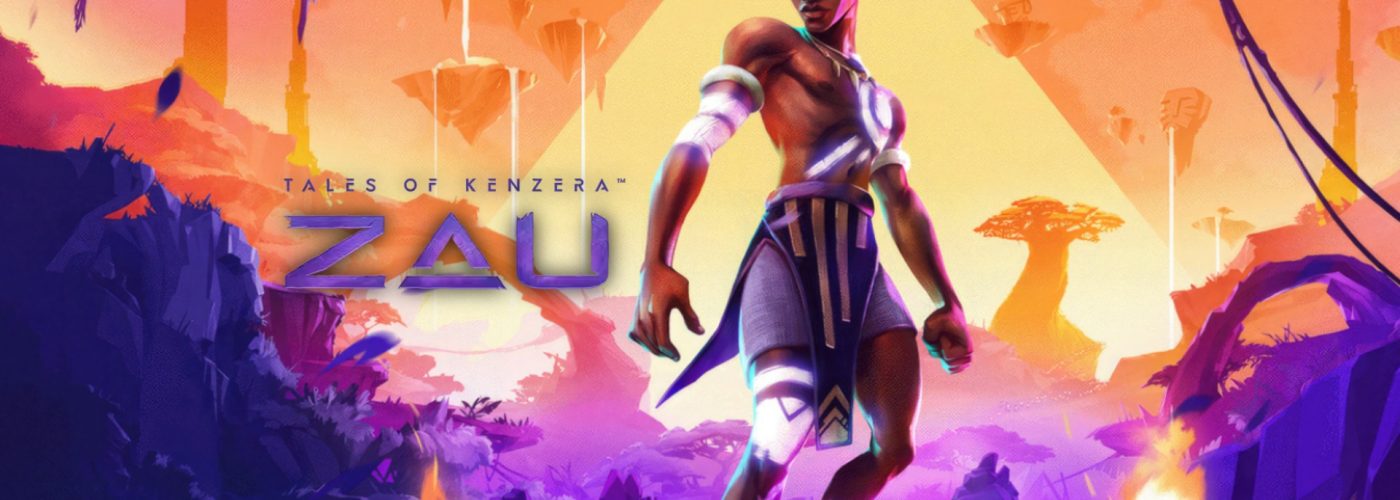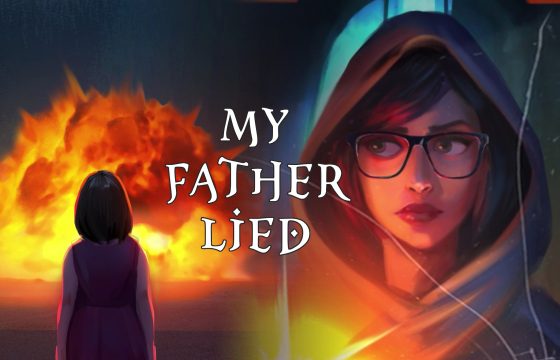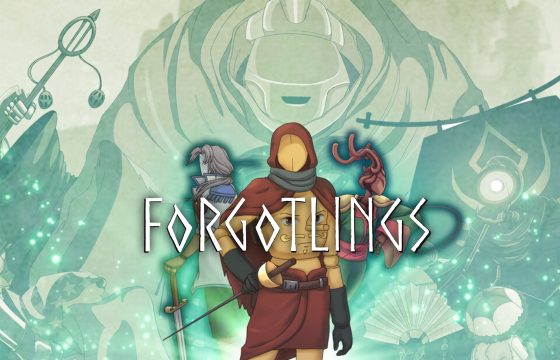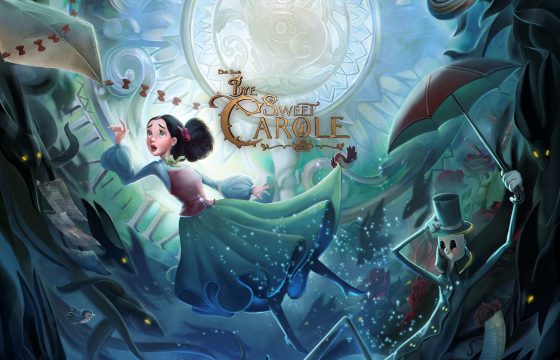When pain runs so deep, it stands against fate and death.
Tales of Kenzera: ZAU is a 2.5D action-adventure that seamlessly blends Metroidvania gameplay, with deep, poignant themes of death, sorrow, and mourning. The story follows Zau, a young shaman on a journey toward redemption, leading to his personal and spiritual growth. Available on consoles and PC starting April 23, 2024, the game offers an experience filled with pure emotion, spanning fifteen to twenty hours.

A Triumphant Debut
Tales of Kenzera: ZAU is the debut title from Surgent Studios, an independent studio founded in 2020 by Abubakar Salim, renowned for his roles in Assassin’s Creed Origins and House of the Dragon. After navigating early challenges, the game was brought to life with the support of EA Originals, Electronic Arts‘ label dedicated to championing indie titles. The project’s development was deeply shaped by Salim’s personal experiences and his connection to Bantu culture, which was further enriched during the filming of Raised by Wolves in South Africa—an experience that left a lasting impression on him.
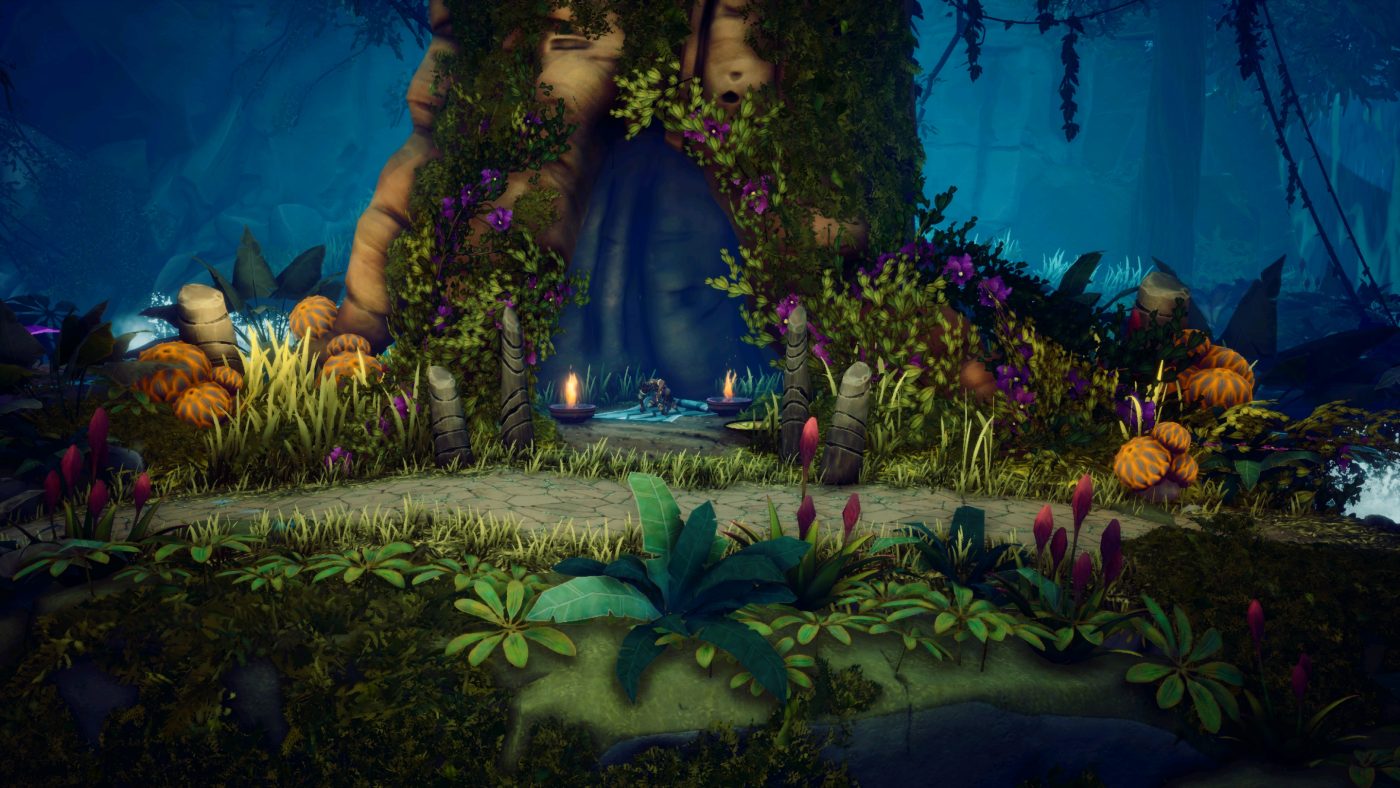

The True Essence of Africa
Surgent Studios seeks to make a memorable debut, leaving a lasting impression on players by offering something truly innovative. With this vision in mind, Salim has chosen to bring the rich Bantu culture to the forefront—an intricate tapestry of traditions, languages, and spirituality shared by approximately 400 African ethnic groups, stretching from southern Nigeria to the northern regions of South Africa. The language, masterfully portrayed, is Kiswahili, through which players will immerse themselves in the deep spirituality of these ancient peoples, their reverence for nature’s deities, and the vital role of the shaman as the bridge between the world of the living and the realm of the dead.
The Heart Wants What it Wants
The protagonist, Zau, is a young shaman who embarks on a journey to bring his father back to life. To that end, he summons Kalunga, the God of Death, forging a fateful pact: if he fulfils its conditions, he will be granted the chance to embrace his beloved baba once more. To succeed, Zau must endure a series of spiritual and physical trials, confronting three elemental deities and reclaiming their lost souls. The story draws deeply from Salim’s personal experience with grief and loss, delivering an intimate and poignant narrative—one powerful enough to move even the most hardened of hearts.
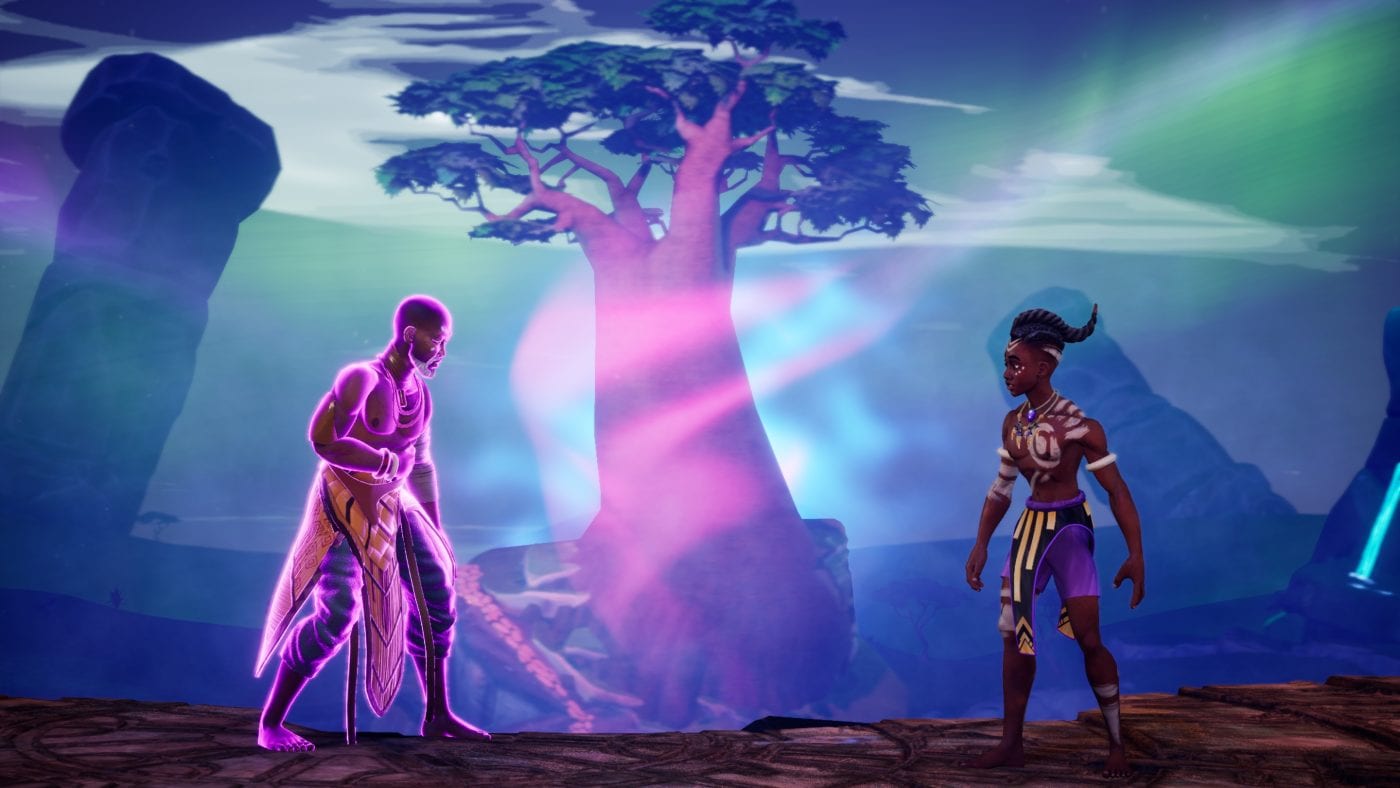
A Deeply Moving Story
The game delves into the grieving process through the stages of despair, anger, and acceptance, allowing players to truly empathize with the protagonist. Those who have experienced such loss will see themselves in Zau—shattered by the blindness of refusing to confront an inevitable, immutable, and preordained fate. This powerful journey is enriched by evocative dialogue and a narrative that intimately explores universal themes such as love, loss, and hope, laying bare the very soul of the experience.
A Feast for the Eyes
Artistically, the game is a stunning explosion of color, deeply rooted in Bantu culture. The environments range from sun-scorched villages to stilted huts in marshy landscapes and towering mountain peaks, each brimming with masks inspired by African folklore, and with wood as the dominant material. The world-building is rich in detail, offering a sprawling, metroidvania-style map that expands as players advance, unlocking new areas and gradually revealing the vast world of Kenzera.

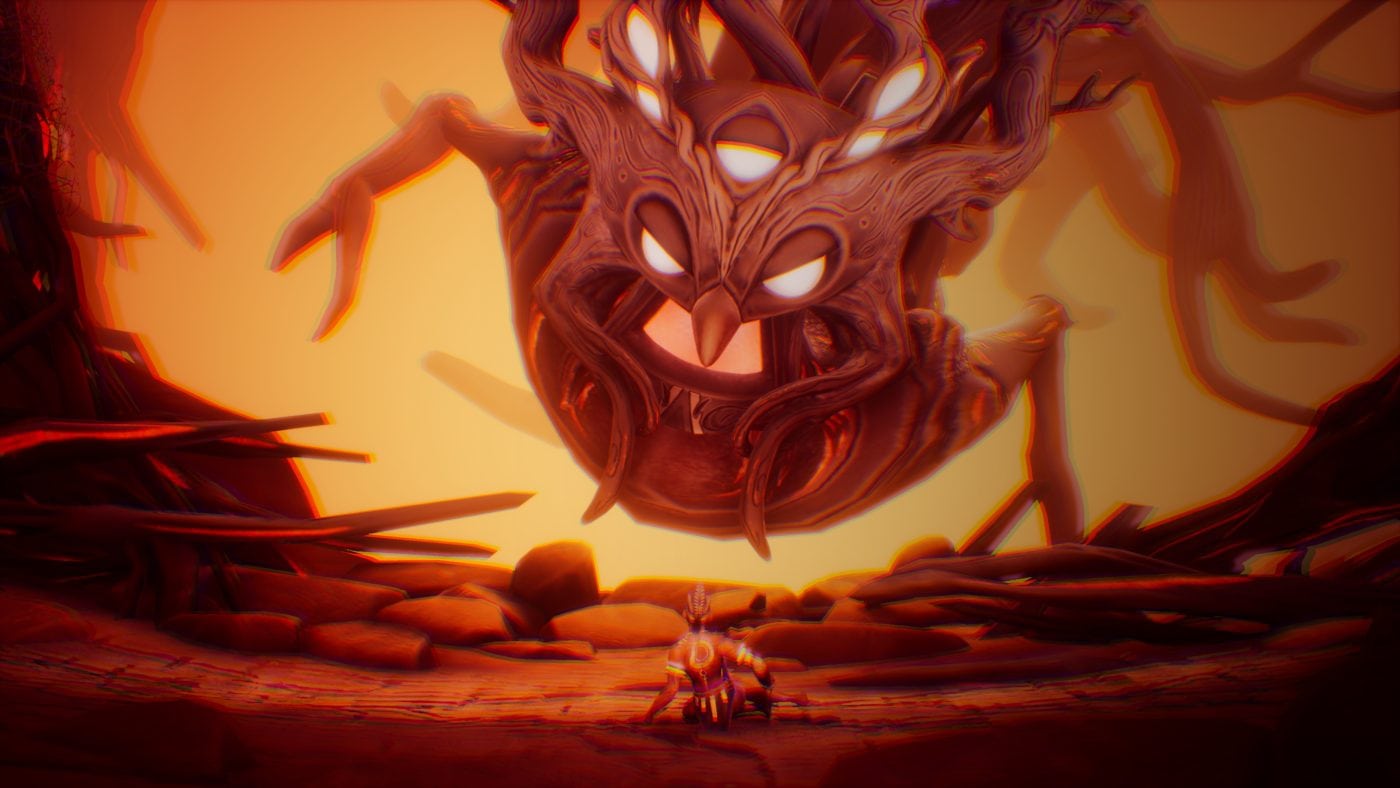


Evocative and soul-touching
The game adopts a ‘cartoon’ style, reminiscent of Prince of Persia: The Lost Crown, with immersive 2.5D environments brought to life by the Unreal Engine. This results in meticulously crafted, vibrant backgrounds, offering players a visually stunning experience. In terms of performance, the game delivers smoothly, maintaining a steady 60fps, with a drop to 30fps in graphic-intensive modes, yet never sacrificing the quality of the final product.
The Soulful Sounds of Africa
Nainita Desai crafts the soundtrack, enriched by the Voquality choir and traditional African instruments, fully immersing players in the heart of Africa through its sound. This fusion of electronic and traditional music seamlessly enhances the game’s atmosphere, imbuing it with depth and authenticity.

Traditional Mechanics with a Modern Twist
The gameplay, smooth in its semi-linear structure, is centered around the duality of the Sun and Moon masks, inherited from Zau’s father. Each mask grants unique abilities that Zau can strategically switch between, enhancing his combat prowess and helping solve environmental puzzles. The combat mechanics are simple but effective, with combo chains and a skill tree that expands as the story progresses. Double jumps and aerial dashes are available from the start, adding an innovative twist to the genre and allowing players to navigate diverse landscapes and access crucial areas. The game avoids frustrating difficulty spikes, offering a rewarding and smooth progression that keeps the experience satisfying and engaging.
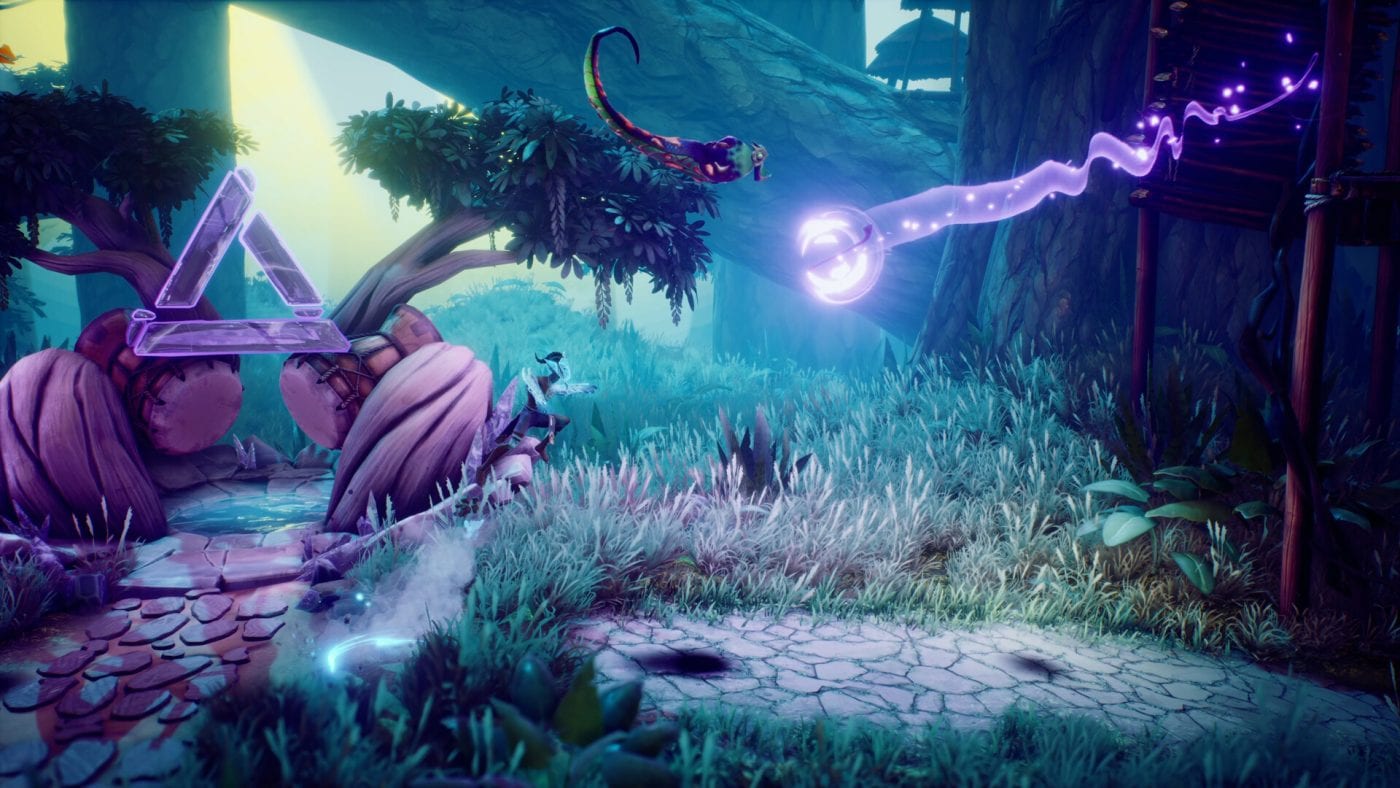

Approved by Critics
With a score of 76/100 on Metacritic, Tales of Kenzera: ZAU has received generally positive reviews. It has been praised for its emotional storytelling, artistic direction, and soundtrack, although it has faced criticism for its linear gameplay and lack of enemy variety. Ultimately, it is the emotional depth that resonates with players, which has emerged as the game’s defining feature and the aspect that has earned it the most acclaim.
All in all…
Unlike many titles that drift unnoticed through the vast sea of gaming, Tales of Kenzera: ZAU leaves a lasting impression, etching a deep mark on our hearts. In my view, the creators have deliberately highlighted how, for some, life can be harsh and fraught with challenges that not everyone can face. However, through this narrative, they also remind us that hope is the last to fade, and that moments of joy and personal growth can still be found even in the most dire of circumstances. The message Zau imparts embodies the essence of “growth”: life cannot be viewed through the lens of idealized perfection, for even the most beautiful rose is armed with thorns capable of inflicting pain. Accepting a cruel fate is never easy, but it is crucial to find the resilience to persevere, to absorb the lessons pain has to offer, and to move forward, evolving into a new version of ourselves. This evolution, though marked by the scars of the past, carries with it the promise of a brighter future.
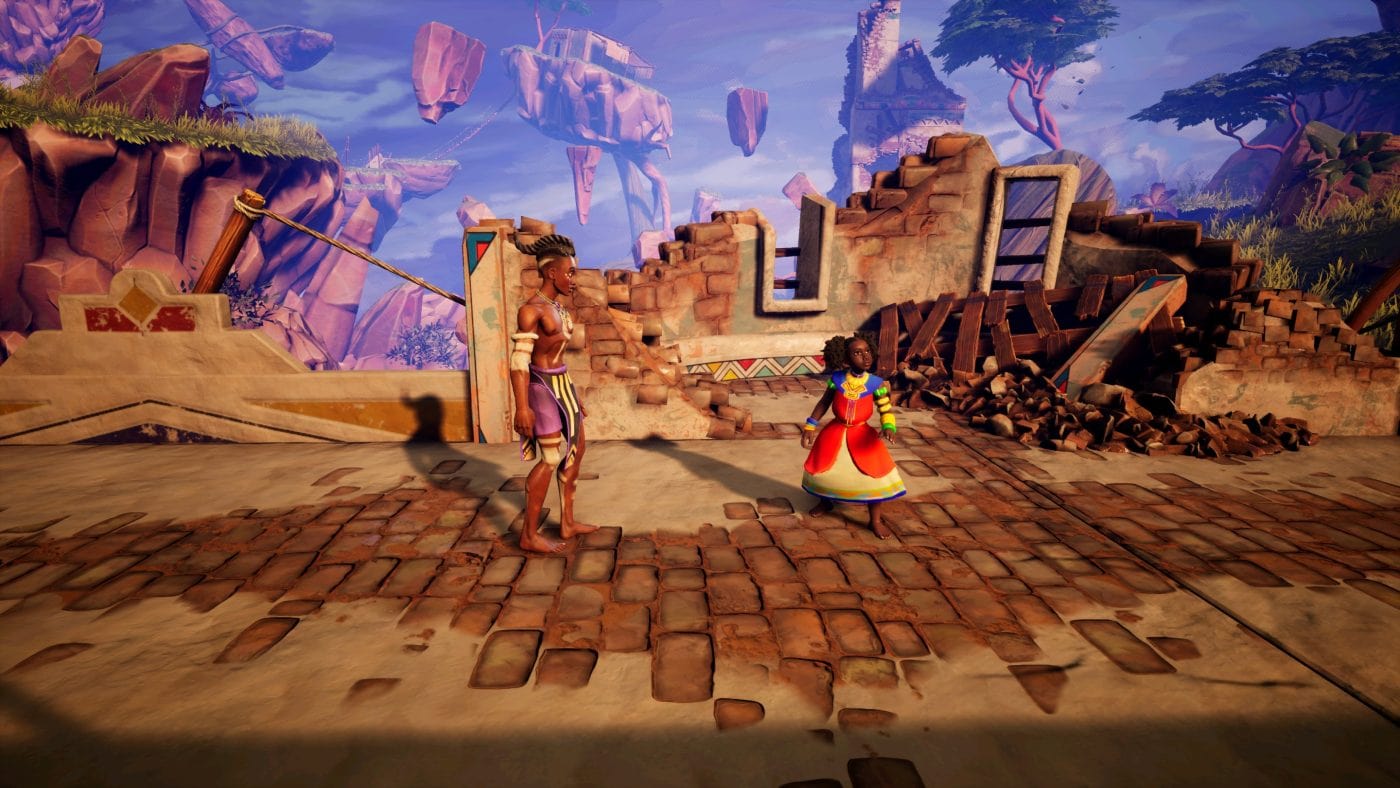
Tales of Kenzera: ZAU
PRO
- The game’s storytelling reaches emotional depths rarely achieved in the medium;
- The artistic direction is both imaginative and painstakingly detailed, resulting in a beautifully crafted product;
- The soundtrack is memorable, lingering in the player’s mind long after the game is finished;
- The combat system, simple yet efficient, complements the game’s emotionally rich story, which navigates both uplifting and heartbreaking moments.
CON
- The game’s linear progression and limited exploration may result in a somewhat repetitive experience;
- The enemy variety is limited, with many enemies reappearing without much differentiation.

